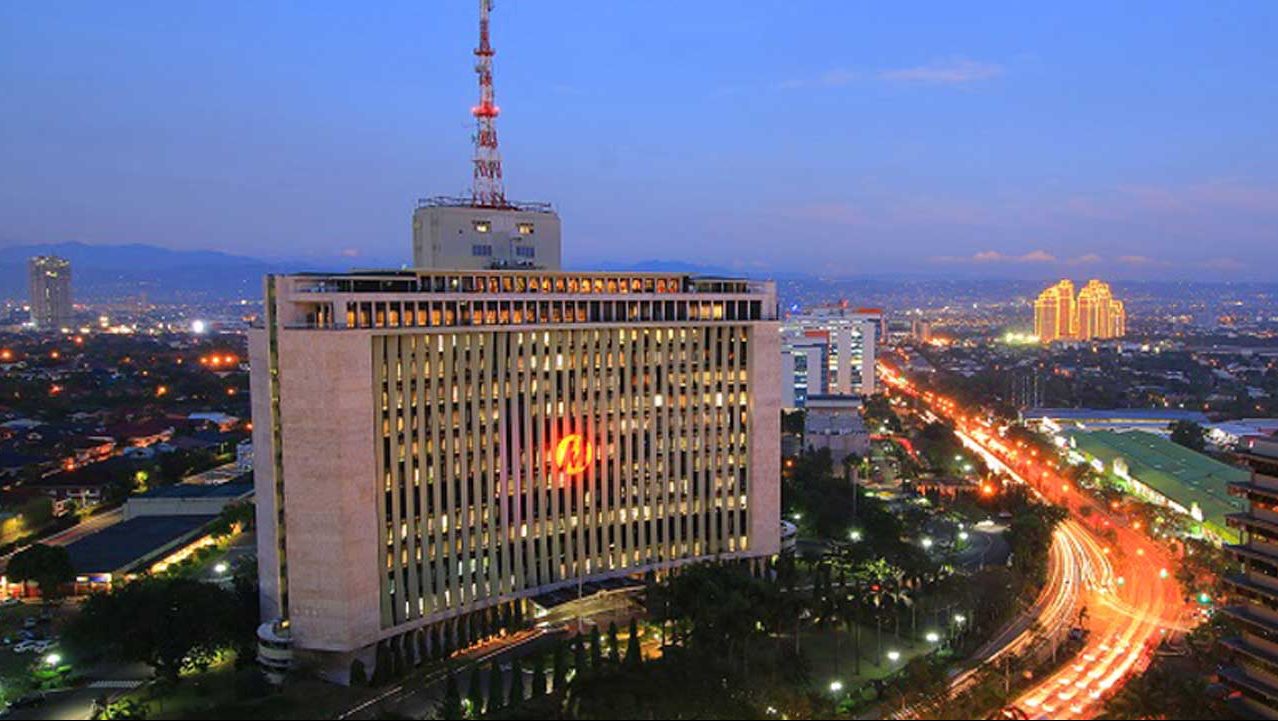
By Sheldeen Joy Talavera, Reporter
MANILA ELECTRIC CO. (Meralco) said it will secure a $2.7-million (P152.87 million) grant from the United States Trade and Development Agency (USTDA) to fund a feasibility study on adopting small modular reactors (SMRs) in the Philippines.
“This will be formalized via a signing ceremony very soon,” Ronnie L. Aperocho, Meralco’s executive vice-president and chief operating officer, said on the sidelines of a forum organized by the American Chamber of Commerce of the Philippines, Inc. on Thursday.
SMRs, each capable of generating up to 300 megawatts (MW), can be constructed more quickly than traditional nuclear power plants.
USTDA provides grants for feasibility studies, technical assistance, and comprehensive analyses that infrastructure projects need to proceed with implementation.
In 2022, Meralco applied for a grant from the USTDA to conduct a feasibility study on SMRs in line with the government’s goal of including nuclear energy in the country’s energy mix for energy security.
The nuclear initiative is part of the power distributor’s commitment to adopting next-generation clean technologies. It also aligns with the Department of Energy’s (DoE) target of incorporating at least 1,200 MW of nuclear energy in the energy mix by 2032.
Mr. Aperocho said that Meralco’s aggressiveness toward nuclear energy may have contributed to the award of the grant.
“They probably saw that we, as the local player, are very aggressive and supportive of the nuclear agenda,” he said.
While Meralco’s current focus is on small nuclear reactors, Mr. Aperocho said the company remains open to developing conventional power plants, such as rehabilitating the mothballed Bataan Nuclear Power Plant.
He added that the company is still awaiting the enactment of the PhilATOM bill, which has already passed in Congress.
PhilATOM refers to the proposed Philippine Atomic Energy Regulatory Authority, which will have regulatory control over all sources of ionizing radiation, including nuclear and radioactive materials and radiation devices.
REVIEW NUCLEAR LAWS
Under the DoE’s Philippine Nuclear Energy Program, the necessary laws for the nuclear legal and regulatory framework must be in place by 2025.
The Nuclear Energy Program–Inter-Agency Committee, led by the DoE, launched a review of current nuclear laws, regulations, and policies.
From Aug. 12-15, the committee examined existing laws and identified the amendments necessary to establish a national legal framework, in coordination with concerned government agencies and stakeholders.
DoE Legal Services Director Myra Fiera F. Roa said the review of laws, issuances, and policies will identify the “support, constraints and gaps” that need to be addressed for the development of a nuclear power program.
“We want to make sure that all legal hurdles are cleared before we take major steps forward in fulfilling our nuclear power objectives. From the review of the laws and issuances, we will propose enactment or amendment of laws as appropriate,” Ms. Roa said.
In December last year, the International Atomic Energy Agency (IAEA) conducted a follow-up Integrated Nuclear Infrastructure Review (INIR) mission to check on the country’s progress in developing the necessary infrastructure for embarking on a nuclear power program.
While several of the IAEA’s recommendations from its 2018 INIR mission have been fully addressed, the nuclear watchdog advised the Philippines to complete an analysis of laws that may affect its nuclear power program.
One of the key advancements undertaken by the Philippines in response to IAEA recommendations was the ratification of a comprehensive nuclear law via the PhilATOM measure.
“We want to seize every opportunity to get things done right on the potential use of nuclear energy for the benefit of our people,” Ms. Roa said.



